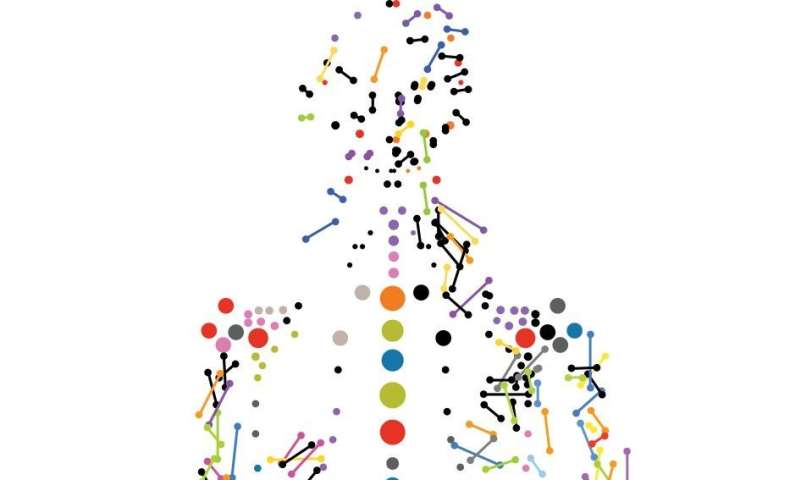
Women with the onset of breast cancer over age 65 often do not qualify for genetic testing, yet little is known about the frequency of disease-causing mutations in breast cancer predisposition genes in this population. In a new study, researchers investigated the prevalence of disease-causing variants in established breast cancer predisposition genes and estimated the remaining lifetime risk of breast cancer in women over age 65. The researchers hope these findings could help address the controversy of who should qualify for genetic testing. Nicholas Boddicker, Ph.D., a research associate at the Mayo Clinic, presented the results of the study at the American Society of Human Genetics 2020 Virtual Meeting.
The median age of breast cancer diagnosis is 62 years, yet little large-scale research has been carried out investigating the frequency of disease-causing variants in breast cancer predisposition genes in women over the age of 65. These women represent a large percentage of women with breast cancer but often do not qualify for genetic testing.
Dr. Boddicker and his colleagues analyzed DNA obtained from the CARRIERS consortium, including U.S.-based women over age 65 with breast cancer and age-matched unaffected women.
“The frequency of pathogenic, or disease-causing, variants in 12 established predisposition genes was 3.18% in breast cancer cases and 1.48% in controls,” says Dr. Boddicker. “This shows that a large number of women in this age category are predisposed to breast and other cancers.”
Disease-causing variants in the cancer predisposition genes BRCA1, BRCA2, CHEK2, and PALB2 were all found to be significantly associated with moderate risk of breast cancer in this group. In addition, the residual lifetime breast cancer risk for women over age 65 with BRCA1/2 disease-causing variants was close to 20%, while the residual risk for those with PALB2 and CHEK2 disease-causing variants were around 15%.
Dr. Boddicker says the frequency of disease-causing variants and the risks presented in this study can be used to better inform cancer screening, risk management, and possibly clinical testing guidelines for women over 65.
“In this study, women over 65 with no prior breast cancer found to have pathogenic variants in one of several genes would have remaining risk of breast cancer nearing 20% and could qualify for MRI surveillance in addition to mammography,” he says. “Without genetic testing, many of these women would not normally be screened this way.”
Source: Read Full Article






